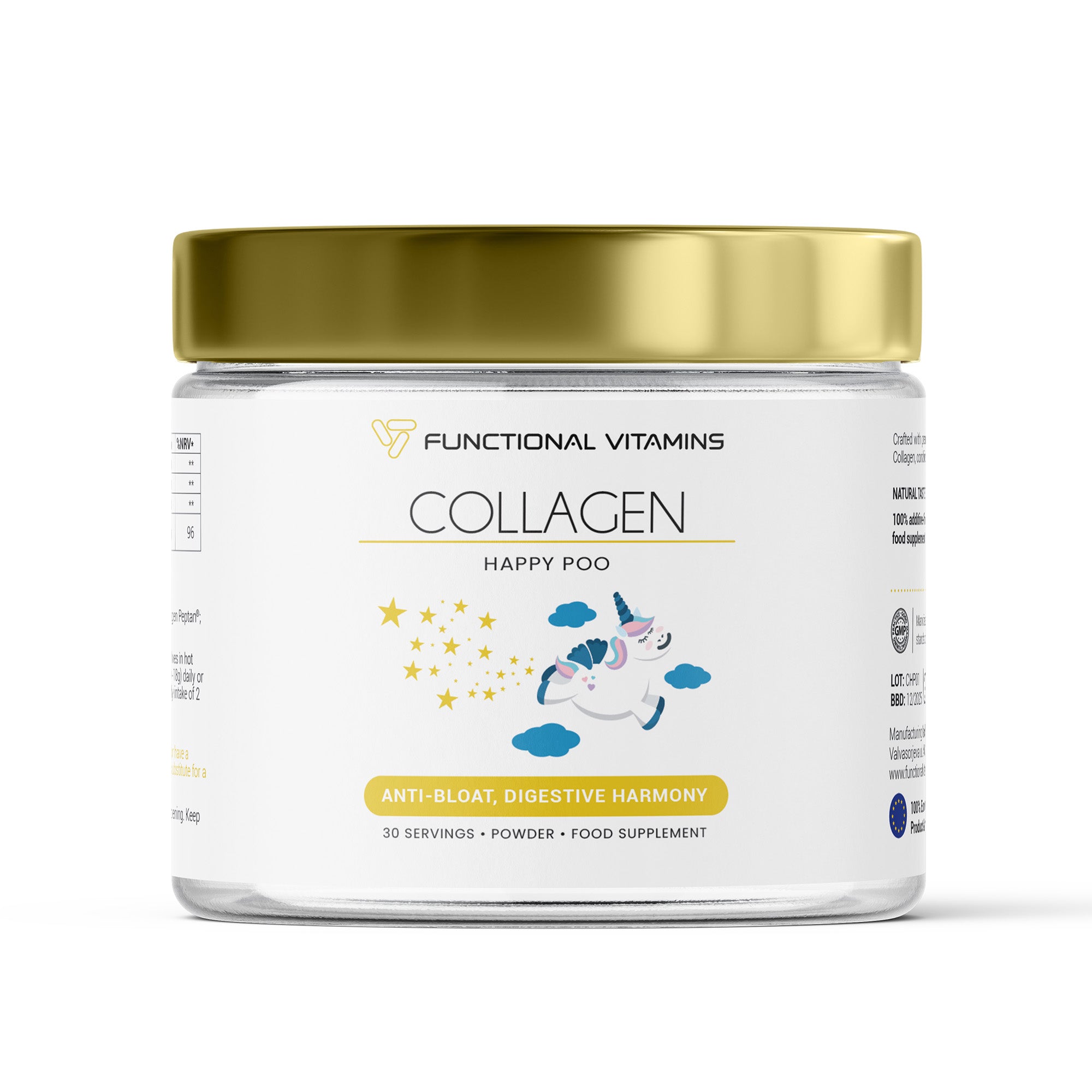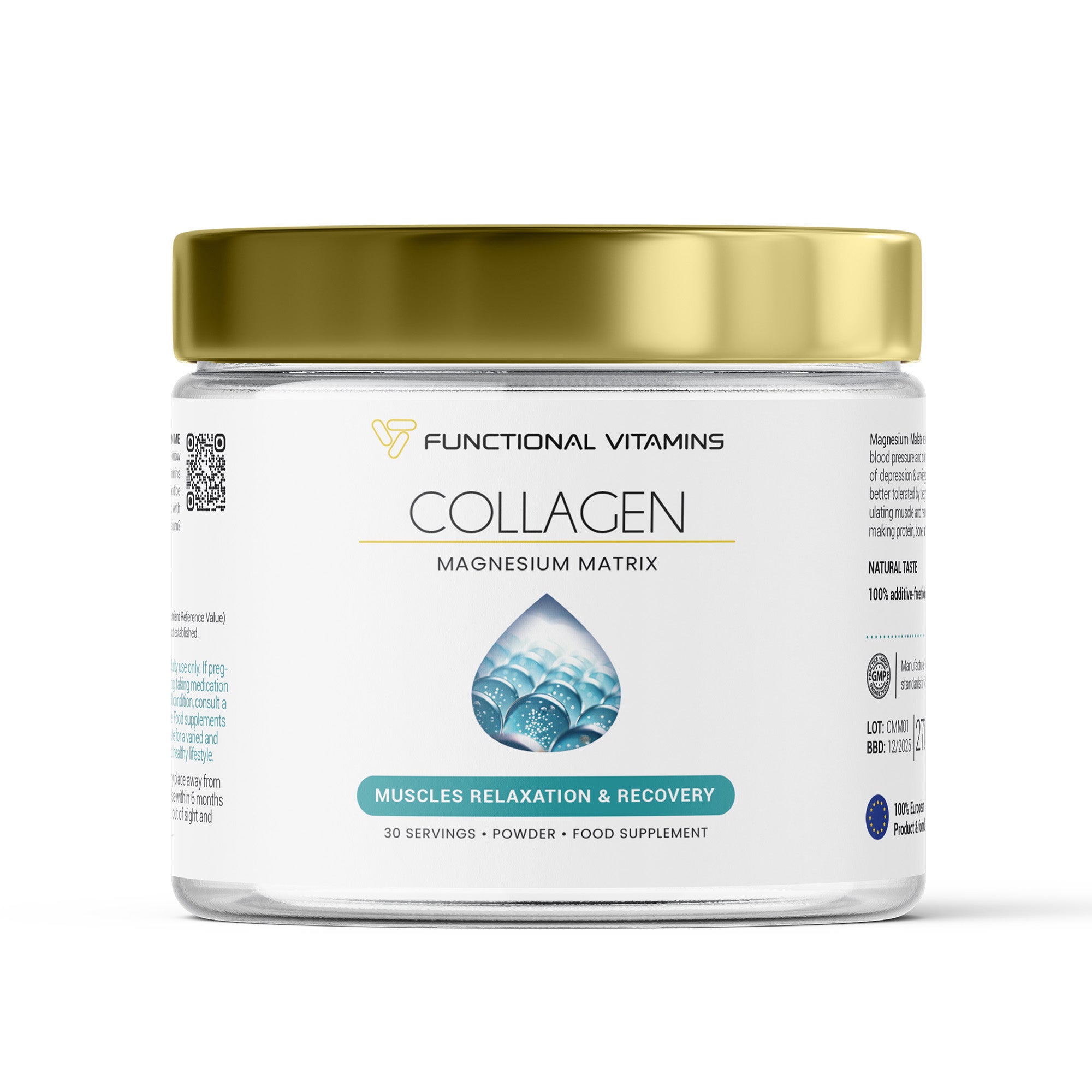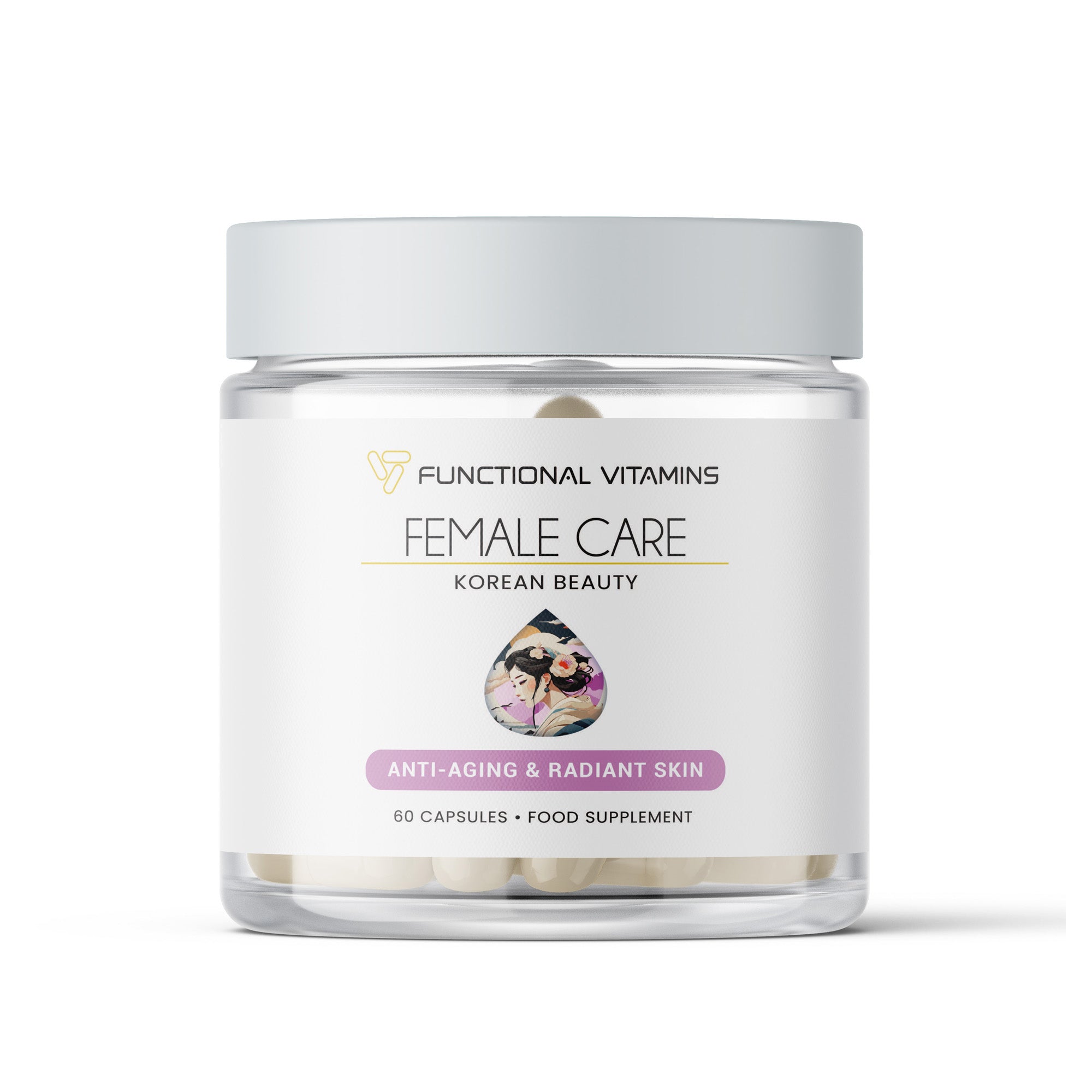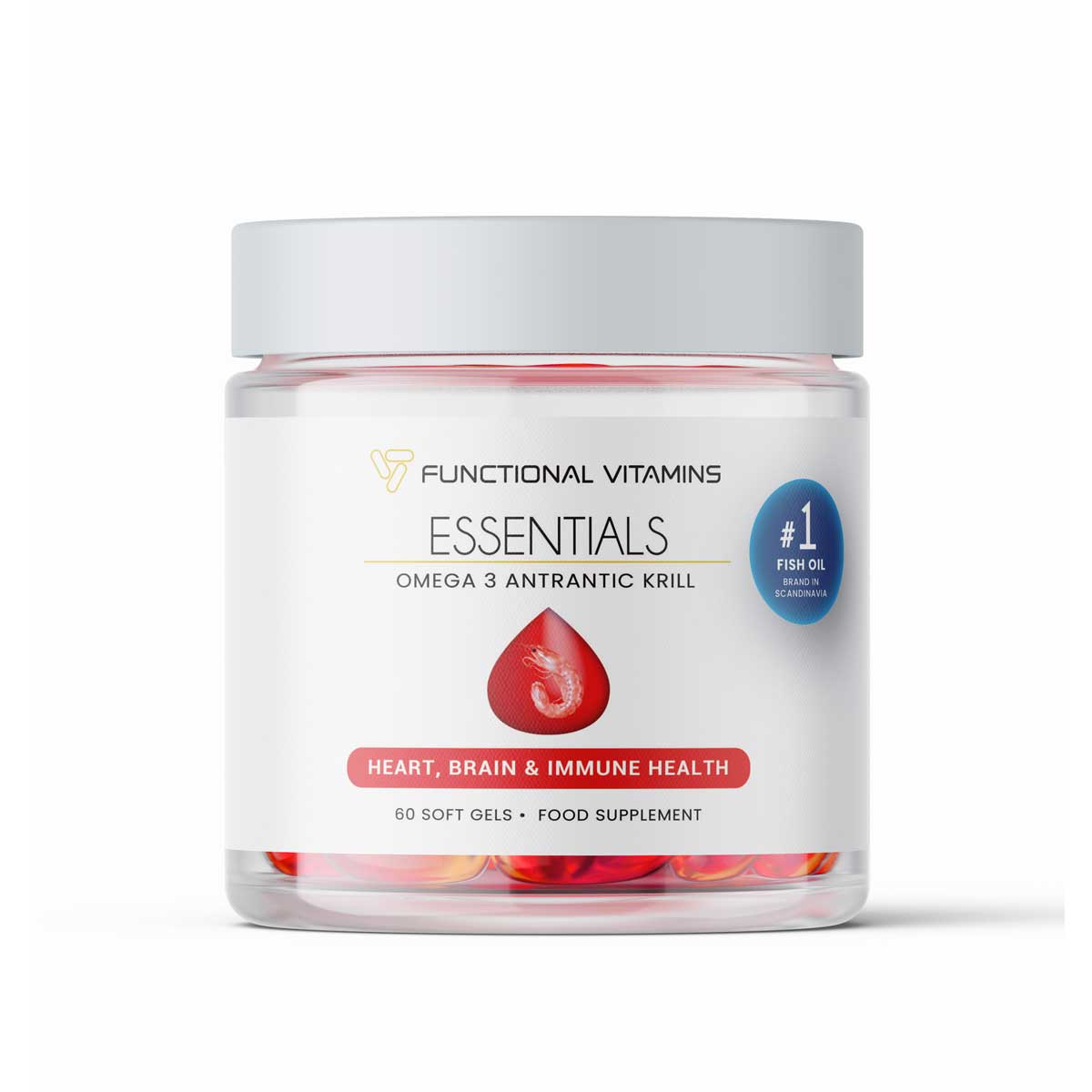Milk thistle (Silybum marianum) has stood the test of time, used for over 2,000 years to support liver health and treat various ailments. Known across continents from Europe to Africa, Asia, and America, milk thistle’s most renowned active ingredient—silymarin—has sparked global interest for its wide range of therapeutic benefits. But what exactly makes this prickly plant such a powerful ally for your body, especially your liver? From detoxification to aiding those suffering from cirrhosis and even cancer patients undergoing chemotherapy, milk thistle is more than just a folk remedy.
In this comprehensive guide, we’ll dive deep into milk thistle’s history, its benefits, and how modern science supports its use in addressing some of today’s most pressing health concerns. Whether you’re curious about detox, liver support, or its new liposomal form for improved absorption, this article will reveal why milk thistle should be on your radar.
A Glimpse Into History: The Legendary Roots of Milk Thistle
Milk thistle’s story dates back over 2,000 years, deeply rooted in ancient herbal medicine. The plant, which was initially native to Europe, spread far and wide, gaining recognition in Africa, Asia, and the Americas due to its remarkable medicinal properties. Early settlers brought this plant across the oceans, planting its seeds in new territories where it could continue to be a staple in traditional medicine.
One of the most captivating aspects of milk thistle's history comes from a legend about the Virgin Mary. According to the tale, as she traveled from Judea to Egypt to escape Herod, she breastfed Baby Jesus under a grove of thistles. Drops of her milk supposedly fell on the thistle leaves, leaving behind the characteristic white veins we now see on the plant. These white veins inspired its name, “milk thistle.” Beyond the folklore, the plant’s proven medicinal properties have earned it a long-standing reputation as a healer.
The Discovery of Silymarin: A Milestone for Liver Health
While milk thistle had been used for centuries, it wasn’t until 1968 that researchers uncovered its most powerful weapon—silymarin. This potent flavonoid complex is responsible for the plant’s many health benefits, particularly its ability to protect and regenerate liver cells. Since its discovery, silymarin has been the subject of numerous studies, all pointing to its anti-inflammatory, antioxidant, and hepatoprotective properties.
Silymarin works by stabilizing liver cell membranes, preventing toxins from penetrating these vital cells. It also stimulates the production of proteins and RNA, enabling liver cells to repair and regenerate more efficiently. The most concentrated source of silymarin is found in the fruit part of the milk thistle plant, making it the key ingredient in liver-support supplements.
In 1989, the use of silymarin was officially approved for treating various liver conditions, such as hepatitis, cirrhosis, and liver intoxication caused by alcohol or toxins. But milk thistle’s benefits go far beyond liver health.
The Multifaceted Benefits of Silymarin
1. Liver Support and Detoxification:
Milk thistle is best known for its role in supporting liver function. It’s particularly effective in combating cirrhosis, especially cirrhosis caused by alcohol abuse. In one study, silymarin significantly improved liver function in patients suffering from cirrhosis by reducing inflammation and stimulating the regeneration of liver cells. The ability of silymarin to detoxify the liver has made it a popular choice for individuals undergoing long-term drug treatments or exposed to environmental toxins.
Silymarin’s antioxidant properties also come into play, increasing the levels of glutathione, a natural substance that detoxifies the liver. This makes it an ideal supplement for those seeking to detoxify their bodies, whether through natural detox programs or as part of treatment for more severe liver conditions.
2. Cancer-Fighting Potential:
Recent studies have explored silymarin’s potential in cancer therapy, particularly in reducing the side effects of chemotherapy and radiotherapy. The compound has shown anti-inflammatory and anti-metastatic properties, meaning it could help slow the spread of cancer and reduce the toxic effects of cancer treatments. In one study, silymarin was shown to reduce oxidative stress and protect cells from the harmful side effects of intensive drug treatments.
This makes silymarin a promising adjunct therapy for cancer patients, helping them maintain liver health and potentially reducing treatment-related toxicity.
3. Antidote for Poisoning:
Milk thistle isn’t just helpful for chronic conditions—it can also be used as an antidote for certain types of poisoning. One of the most dangerous toxins known to humans comes from the Amanita mushroom family, also known as the “death cap.” Poisoning from this mushroom can be fatal, but research has shown that silibinin (a component of silymarin) can help detoxify the body and save lives. In fact, milk thistle is regularly used in Europe as an emergency treatment for mushroom poisoning.
Liposomal Silymarin: A Game Changer for Bioavailability
While the benefits of silymarin are well-documented, one challenge has always been its poor bioavailability. When taken orally in traditional forms (such as capsules or powders), only 23-47% of silymarin is absorbed by the body, limiting its effectiveness. Enter liposomal silymarin, a revolutionary delivery system that wraps the active ingredients in a lipid layer, allowing for better absorption.
Liposomal silymarin has been shown to have much higher bioavailability compared to traditional supplements, meaning your body can absorb and use it more efficiently. This enhanced absorption leads to greater hepatoprotective effects, as well as better anti-inflammatory and antioxidant benefits.
For anyone serious about using milk thistle as a part of their health regimen, opting for a liposomal form ensures you’re getting the maximum benefits of this powerful herb.
Who Should Consult a Doctor Before Taking Milk Thistle?
While milk thistle is generally safe for most people, certain groups should consult a healthcare provider before adding it to their routine. These groups include:
- Pregnant Women: There is limited data on the safety of silymarin for pregnant women, so it's best to err on the side of caution.
- Individuals with Allergies: Those allergic to plants in the Asteraceae/Compositae family, such as ragweed, should avoid milk thistle.
- Diabetics: Silymarin may lower blood sugar levels, so individuals with diabetes should monitor their levels closely.
- Individuals with Certain Types of Breast Cancer: Milk thistle can have estrogenic effects, so individuals with hormone-sensitive conditions should consult their doctor.
In studies where higher doses of silymarin were administered over long periods, only a small percentage of people (about 1%) experienced mild side effects, such as gastrointestinal upset. However, as with any supplement, it’s essential to discuss with your healthcare provider to ensure it’s right for you.
Milk Thistle for Candida and Fungal Infections
Milk thistle’s benefits don’t stop at liver detoxification. Silymarin has also been shown to be effective against certain fungal infections, particularly those caused by Candida. Candida is a type of yeast that can cause infections in various parts of the body, and silymarin’s antifungal properties have made it a valuable tool in fighting this condition.
Conclusion: Milk Thistle—A Timeless Remedy for Modern Health
Milk thistle has traveled through time, from ancient herbal remedies to modern-day supplements, thanks to its powerful ability to protect the liver and detoxify the body. Whether you’re looking to support liver function, detoxify from environmental toxins, or even explore adjunct therapies for cancer, milk thistle and its active compound silymarin offer a safe and effective option.
As research continues to uncover more about this remarkable plant, its applications in health and wellness will only grow. And with the advent of liposomal silymarin, milk thistle has become more accessible and effective than ever before.
If you’re considering adding milk thistle to your supplement regimen, make sure to choose a high-quality product, preferably in a liposomal form, to maximize its benefits.












Leave a comment
This site is protected by hCaptcha and the hCaptcha Privacy Policy and Terms of Service apply.